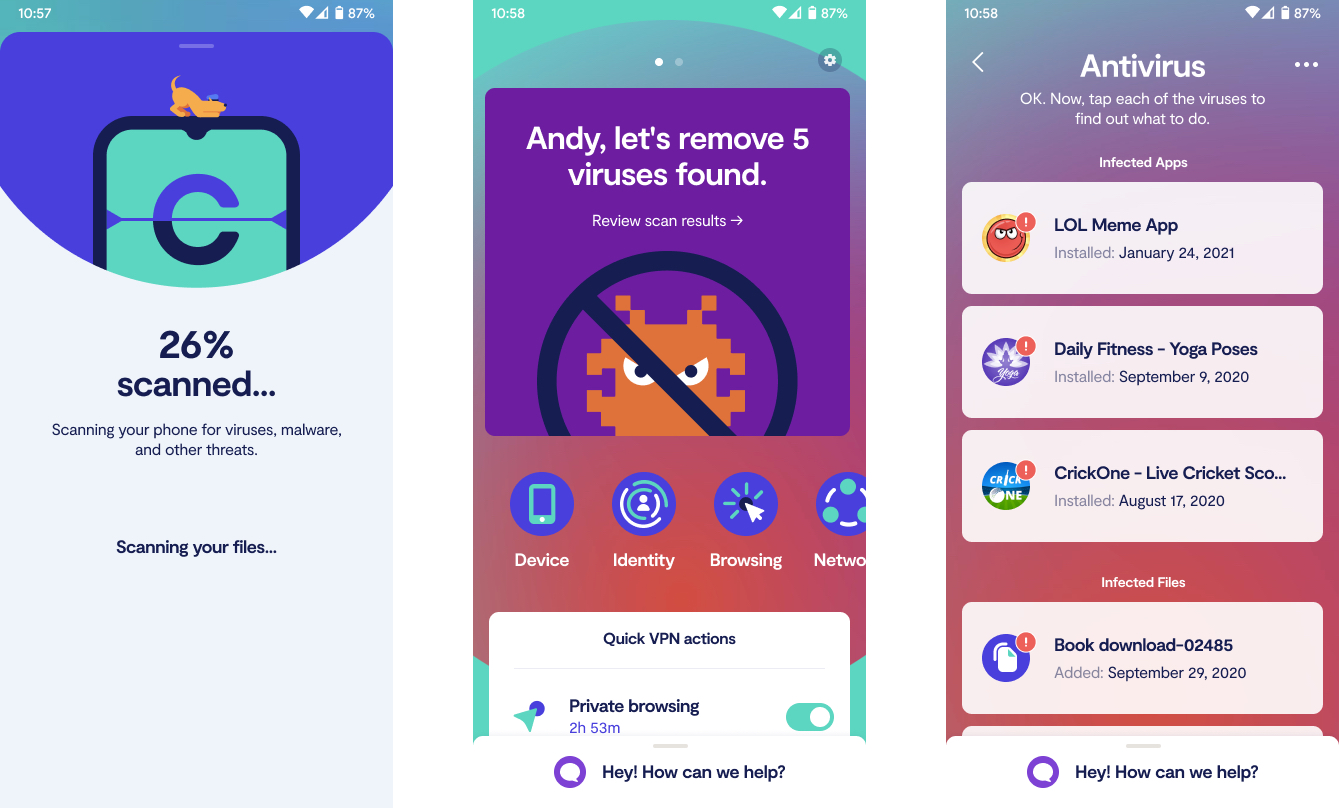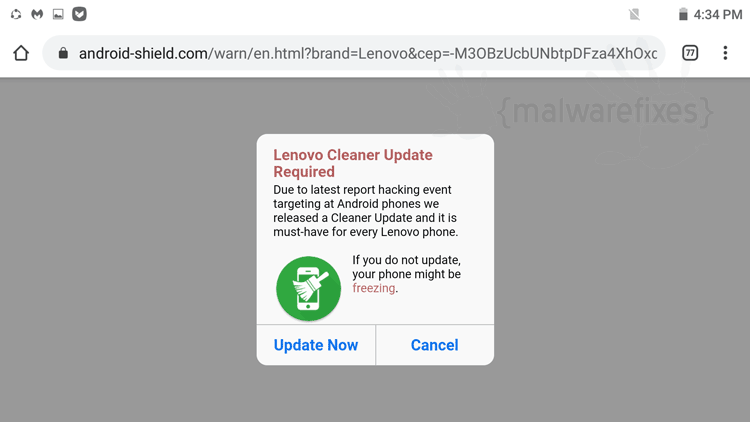

If you sign up for Brave's ad system - it's off unless you activate it - you shouldn't expect a windfall. Eich formerly was CEO of Mozilla, maker of the Firefox web browser. With that early sample, people clicked on 22 percent of ads, and for those clicks, 28 percent spent 10 seconds or more looking at the advertiser's website, CEO Brendan Eich said in a statement. So far, 71 advertisers have run ad campaigns through the personal computer versions of Brave, the company said.

But to fulfill its ambition, Brave will have to reach a large number of both advertisers and browser users. With privacy a big concern and Apple Chief Executive Tim Cook criticizing ad-supported services, Brave's ads are particularly interesting.

Brave plans another system later to build ads into partners' websites, too.įrom the perspective of ad giants like Facebook and Google whose ad targeting technology is built on a profile capturing your personal traits, Brave's ad system is potentially disruptive.

The ads show as basic text in an operating system notification pop-up clicking or tapping the ad opens it in a new Brave browser tab. The browser itself is designed to target ads to your own interests without sharing that personal data, but advertisers do get confirmation that their ads were actually shown or clicked on. With most of Brave's users on smartphones, the Android move is a significant expansion of Brave's advertising ambitions.īrave is trying to build a new system that preserves the advantages of today's online ad technology - a source of revenue for free websites and online services - but that respects privacy. The company's browser blocks websites' ads and trackers by default, but if you opt in to see Brave-supplied ads instead, you'll get 70 percent of the resulting revenue. Browser startup Brave now can show its privacy-first ads on Android, not just personal computers.


 0 kommentar(er)
0 kommentar(er)
